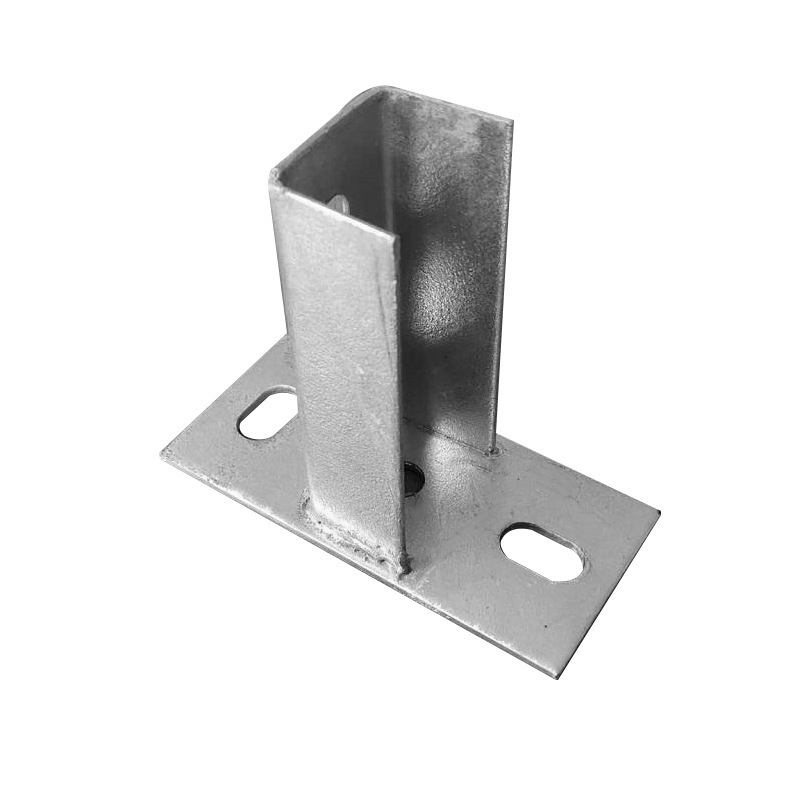

stud bolt unc understanding the basics and applications
ديسمبر . 26, 2024 23:45 Back to list
stud bolt unc understanding the basics and applications
Understanding Stud Bolts Basics and Applications
Stud bolts are essential fasteners widely utilized in various industrial applications, particularly in mechanical and structural engineering. Understanding their basic characteristics, types, and applications is crucial for anyone involved in designing, manufacturing, or maintaining industrial equipment.
What Is a Stud Bolt?
A stud bolt is essentially a cylindrical rod with externally threaded ends and a plain (unthreaded) shank in the center. Unlike traditional bolts, which have a head at one end, stud bolts are designed for use with nuts on both ends. This configuration allows for a more secure and robust fastening method, especially in high-stress environments. Stud bolts can range in size, material, and strength grade, which makes them adaptable for various applications.
Types of Stud Bolts
There are several types of stud bolts, each serving specific purposes
1. Full Threaded Studs These have threads running along the entire length of the stud. They are typically used in applications where the load is evenly distributed and can accommodate a locking nut on either end.
2. Partially Threaded Studs These have threads only on the ends, with a smooth shank in the middle. This design is beneficial in situations where some flexibility is required or where the shank needs to fit into a clearance hole.
3. Heavy Hex Stud Bolts These are oversized and designed to withstand higher loads. They are commonly used in heavy machinery and structural applications where robust fastening is critical.
4. Lapped Studs This type features a larger diameter on one end, which provides a stronger clamping area. Lapped studs are often used in high-tension applications within the oil and gas industry.
Materials and Strength Grades
stud bolt unc understanding the basics and applications

Stud bolts are crafted from a variety of materials, including carbon steel, stainless steel, and alloy steel. The choice of material often depends on the environment in which the stud will operate, such as exposure to corrosive elements or extreme temperatures. Similarly, stud bolts are classified into different strength grades, which dictate their tensile and yield strength, crucial for ensuring they can withstand the operational loads imposed upon them.
Applications of Stud Bolts
Stud bolts are widely used in numerous industries, such as
- Oil and Gas In the oil and gas sector, stud bolts are utilized in pipeline construction, pressure vessels, and refinery equipment, where they must endure high pressures and corrosive substances.
- Construction They are integral in precast concrete elements and structural steel assemblies, providing the necessary strength and stability in buildings and infrastructure.
- Power Generation Stud bolts play a crucial role in turbine assemblies, boilers, and heavy machinery, where reliable fastening is essential for safety and efficiency.
- Automobile Manufacturing In the automotive industry, stud bolts are utilized in engine assemblies and chassis components, where durability and performance are paramount.
Installation and Maintenance
Proper installation and maintenance of stud bolts are critical for their performance. They must be correctly tensioned to ensure a secure fit without damaging the bolt or the material being fastened. Regular inspection is also essential to identify any signs of wear, corrosion, or loosening, which could lead to failures in critical applications.
Conclusion
In summary, stud bolts are versatile and robust fasteners that play a vital role in various industries. Their unique design and the ability to handle high loads make them indispensable in applications ranging from construction to oil and gas. A clear understanding of their types, materials, and proper maintenance practices is essential for ensuring the integrity and safety of the structures and machinery they secure. As industries continue to evolve and innovate, the importance of stud bolts in holding together our modern world cannot be overstated.
Latest news
-
Premium Fasteners Manufacturer | AI-Driven Solutions
NewsAug.01,2025
-
Hot Dip Galvanized Bolts - Hebei Longze | High Strength, Corrosion Resistance
NewsAug.01,2025
-
High-Strength Hot Dip Galvanized Bolts - LongZe | Corrosion Resistance, Custom Sizes
NewsAug.01,2025
-
Best Self Tapping Screws for Drywall - Fast & Secure Installation
NewsJul.31,2025
-
High-Strength Hot Dip Galvanized Bolts-Hebei Longze|Corrosion Resistance&Customization
NewsJul.31,2025
-
Hot Dip Galvanized Bolts-Hebei Longze Metal Products|Corrosion Resistance&High Strength
NewsJul.31,2025

